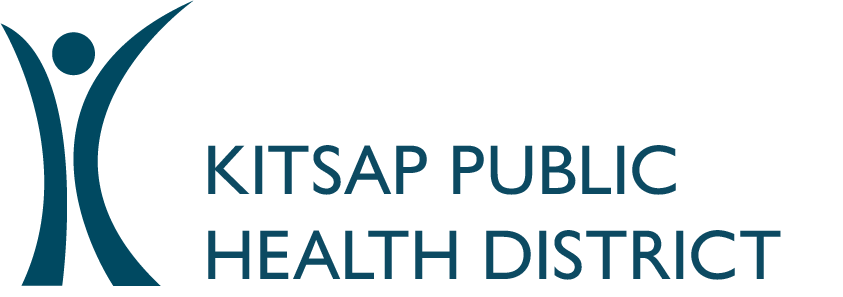Oct. 2, 2024
Bats are the only animal known to carry rabies in Washington. Avoid touching bats and call a healthcare provider if you have contact with a bat.
KITSAP COUNTY, WA — A bat found in North Kitsap last week has tested positive for rabies.
A person picked the bat up outdoors and took it to a local wildlife shelter, which contacted Kitsap Public Health. Testing by a state public health laboratory this week confirmed the animal had rabies.
The positive rabies test is a reminder to avoid touching bats and to call a healthcare provider if you do have contact with a bat.
"If you or someone in your household touches a bat, take the situation seriously and act quickly," Kitsap Public Health District Health Officer Dr. Gib Morrow said. "Contact a health professional and catch the animal for testing if you can. It could save your life."
Rabies is a deadly disease caused by a virus. The virus is carried in the saliva of infected animals and spread by bites and scratches. Bats are the only animals in Washington known to carry rabies.
Rabies in people is very rare and preventable. If you have contact with an animal that could have rabies, call a healthcare provider. People who do not get preventative treatment and get sick from rabies almost always die. There is no cure for rabies after the illness starts.
Only a small percentage of bats carry rabies, but rabid bats are reported in Washington every year. Seven bats from Kitsap have been tested for rabies in 2024, with one positive result.
WHAT TO DO IF YOU HAVE CONTACT WITH A BAT
Follow the steps below if you or someone in your household has touched a bat. You should also follow these steps if you are unsure if a person touched a bat (for example, if you find a bat in a room where a person was sleeping or in a room with a young child).
Safely capture the bat for rabies testing if possible. Wear gloves when handling the bat. Keep the bat in a container.
Check yourself for bites and scratches. Bats have tiny teeth and claws. Bites and scratches can be hard to see.
Wash the bite, scratch, or contact area immediately with soap and water for at least 10 minutes.
Call your healthcare provider and/or Kitsap Public Health District at 360-728-2235. Health professionals may recommend you get treatment to prevent rabies.
If you think your pet has had contact with a bat, call your veterinarian.
RABIES RESOURCES
Download our Bats & Rabies fact sheet and find detailed guidance here:
PREVENTING CONTACT WITH BATS
Avoid contact with bats and never touch a bat with bare hands.
Teach children never to touch bats, and to tell an adult if they find a bat at home, at school or with a pet.
Keep bats out of your house by "bat-proofing" your home.
Enjoy wildlife from a safe distance — do not approach or try to feed wild animals.
Do not attempt to pick up a sick or injured bat or other animal.
Vaccinate your pets. Contact your veterinarian to learn about rabies vaccination.
PROTECTING BATS AND YOUR HEALTH
Bats play an important role in ecosystems around the world. Fifteen species of bat can be found in Washington state. You can protect bats and your health by appreciating bats from a safe distance and bat-proofing your home.
Find more tips and information:
MEDIA CONTACT:
Tad Sooter | Public Information Officer
Kitsap Public Health District
360-728-2330 - office | 360-728-2235 - main




.png)
